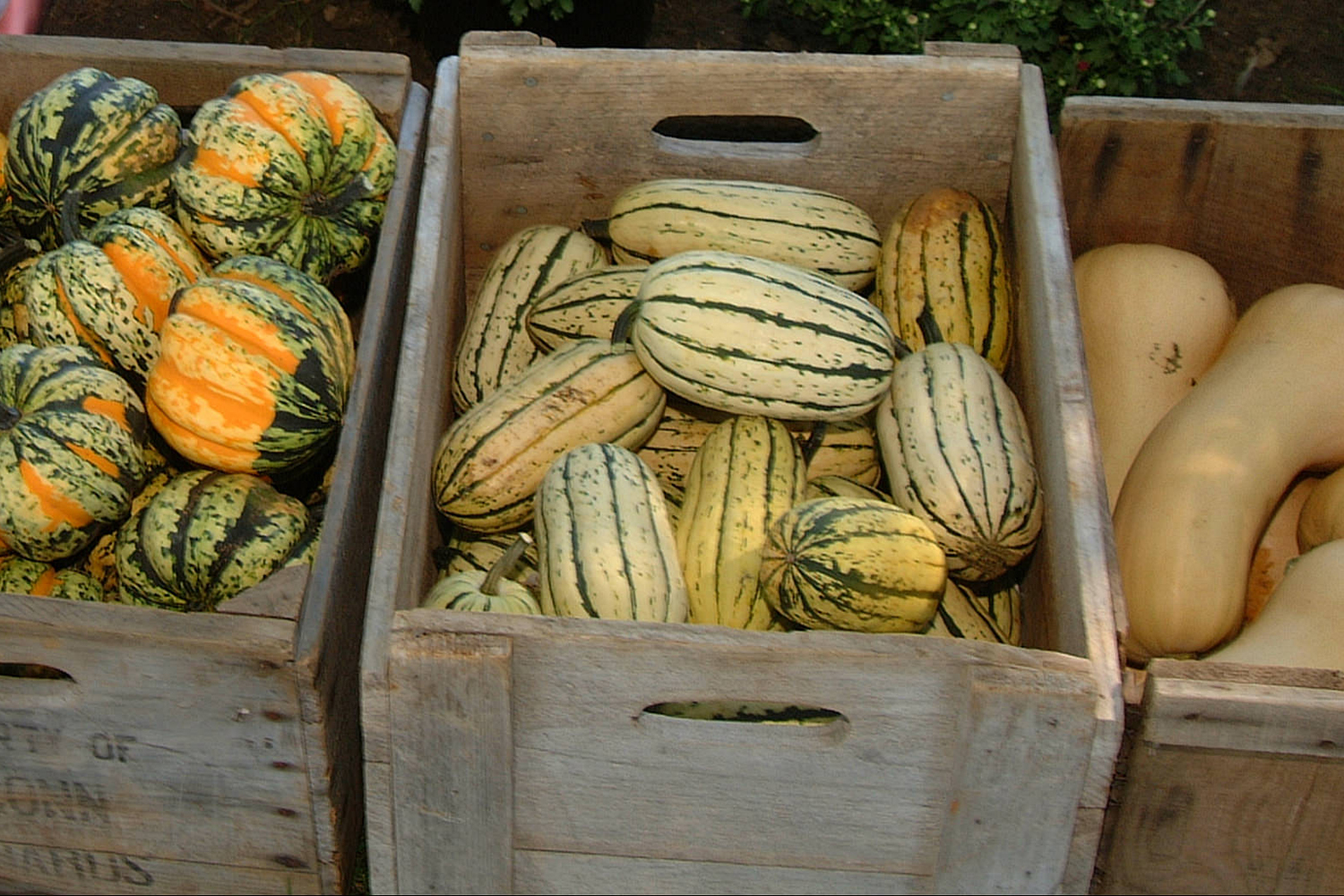According to the Centers for Disease Control and Prevention, 46 percent of foodborne illness outbreaks between 1998 and 2008 were attributed to fresh produce. The Produce Safety Rule (PSR) was created as part of the 2011 Food Safety Modernization Act (FSMA). This rule established science-based minimum standards for the safe growing, harvesting, packing and holding of fruits and vegetables grown for human consumption. The FDA was in charge of writing regulations to the PSR, which were finalized in 2016.
“It is estimated that the implementation of FSMA will cause the retail price of fruit and vegetables grown in the United States to increase by about 0.5 percent and 0.1 percent, respectively,” says John Bovay, assistant professor and extension economist in the Department of Agriculture and Resource Economics.
“This will be hardly noticeable, and if FSMA reduces the probability that people will get sick from eating lettuce or tomatoes, many consumers will accept this tiny price increase.”
“The College and the Connecticut Department of Agriculture (DoAg) are working together to provide farmers with all the necessary training to meet the PSR deadlines,” says Diane Wright Hirsch, senior extension educator in food safety. In early January, Hirsch received a significant four-year grant from the DoAg to conduct a farm inventory and develop produce safety education, outreach and technical assistance programs. She is working closely with Mark Zotti and Katie Yuhas, from the DoAg Bureau of Regulatory Services. They participate in planning meetings and are present at all training programs, providing farmers with the framework for inspection under the PSR and answering questions when appropriate.



